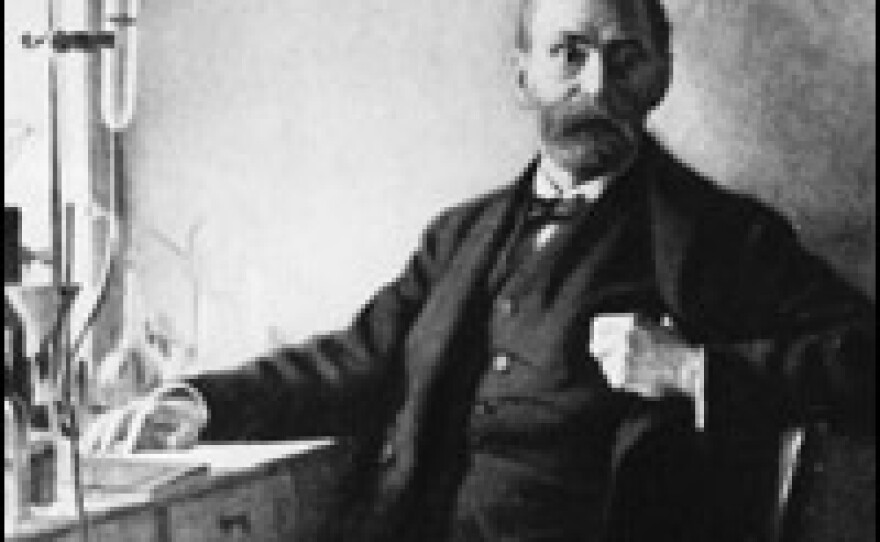Now that he has been awarded the Nobel Peace Prize, Al Gore joins an elite club, one that includes presidents, activists and holy men. It is also a club that is, by some accounts, cursed. Past winners have fallen into ill repute, been assassinated — and simply faded from public view.
The Nobel Peace Prize was named after a man who made his fortune by inventing dynamite — one of the many contradictions of a prize, arguably the world's most coveted, that was first awarded in 1901.
Mikhail Gorbachev won the prize in 1990, just before the collapse of the country that he was trying to reform. Former U.N. Secretary-General Kofi Annan got the prize in 2001. Shortly afterward, the Iraq "oil-for-food" scandal erupted and Annan's reputation was tarnished, some say irrevocably. Myanmar's Aung San Suu Kyi was the laureate in 1991, and has barely been out of house arrest since.
South Koran leader Kim Dae-Jung won in 2000 for his efforts to hasten reconciliation with North Korea. Those efforts have since faltered. Egyptian president Anwar Sadat was awarded the prize in 1978 (along with Menachem Begin). The next year, he was assassinated. Israeli Prime Minister Yitzhak Rabin was also assassinated a year after being awarded the prize.
Even Mother Teresa, who won in 1979, has seen her saintly reputation take a hit lately. A recent book published private letters that revealed a woman who suffered long periods of religious doubt and spiritual emptiness.
And if Gore thinks winning the prize might bolster his political fortunes, he might stop to consider the case of David Trimble. The Northern Ireland leader was awarded the prize (along with John Hume) in 1998. His political career has since nose-dived. He lost a 2005 bid for re-election to the British Parliament and has been largely overshadowed by a rival politician, Ian Paisley.
"There seems to be some kind of curse on the Peace Prize, or at least on many of its recipients," concludes British commentator Martin Walker.
The Nobel Committee sometimes awards the prize to reward a lifetime of public service, as it did in 2002, with Jimmy Carter. But just as often, it has given the prize to an activist or politician embarking on a difficult mission, the outcome of which remains uncertain. In those cases, the prize is given as an incentive, not a reward.
That was certainly the case in 1994, when the prize went to Rabin, Yasser Arafat and Shimon Peres shortly after they signed the Oslo Peace Accord. Since then, the peace process between Israel and the Palestinians has collapsed. Does that mean the Nobel Committee was wrong to award the prize?
No, says Jon Alterman, a senior fellow with the Center for Strategic and International Studies. "The prize was meant to encourage a precarious process," he says. "And I don't think that's wrong. Sometimes it does achieve that, it does propel something forward."
For instance, the 1996 Nobel Peace Prize was awarded to two members of East Timor's independence movement. Three years later, Indonesia relinquished control of the territory.
Indeed, the prize is often awarded to people who are in the midst of monumental, quixotic struggles. The fact that they sometimes fall from grace says more about the heights they reached than it does about a "Nobel Curse."
And, of course, there are great leaders who never received the Peace Prize, yet also met a tragic demise. Mahatma Gandhi, passed over several times for the prize, was assassinated by a Hindu extremist in 1948.
Copyright 2022 NPR. To see more, visit https://www.npr.org. 9(MDAzMjM2NDYzMDEyMzc1Njk5NjAxNzY3OQ001))







